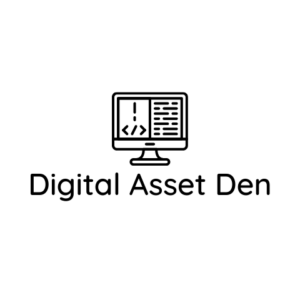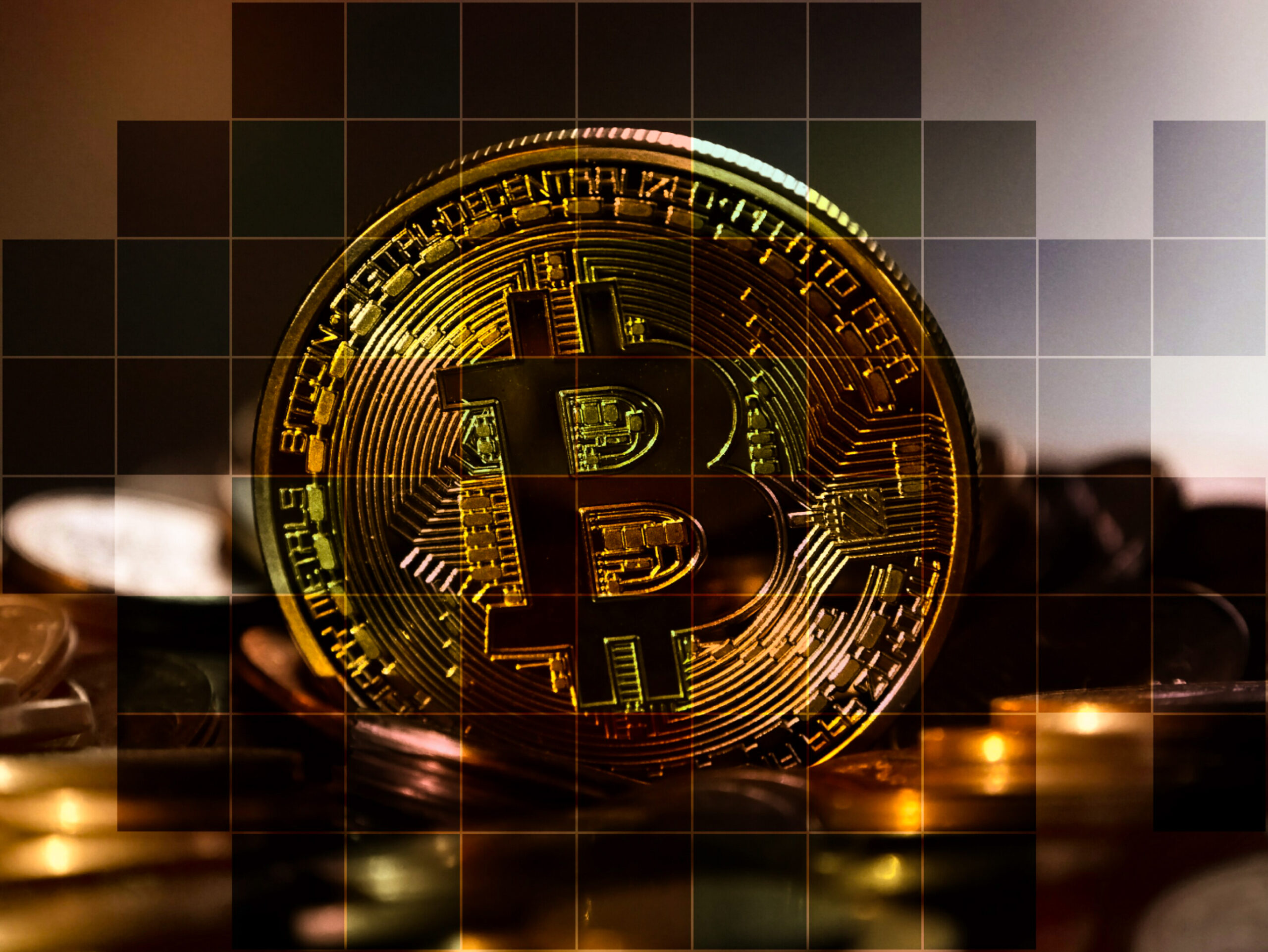Introduction
What are digital assets cryptocurrency?
What are digital assets cryptocurrency you ask? Digital assets cryptocurrency is a decentralized form of currency that uses cryptography to secure its transactions and to control the creation of new units. Cryptocurrencies are often traded on decentralized exchanges and can also be used to purchase goods and services. Bitcoin, the first and by far the most famous cryptocurrency, was created in 2009.
Blockchain cryptography is a relatively new field that uses mathematical algorithms to encode data in a way that is extremely difficult to crack. This makes it ideal for storing sensitive information on the blockchain, as it would be nearly impossible for anyone to access the data without the correct key. Blockchain cryptography is also used to verify transactions on the blockchain, ensuring that they are valid and have not been tampered with.
One example of blockchain cryptography is the Elliptic Curve Digital Signature Algorithm (ECDSA), which is used to verify transactions on the Bitcoin blockchain. In order to verify a transaction, each node on the network must use its own private key to generate a signature for the transaction. The signature is then compared against the public key of the sender to ensure that the transaction is valid. If the signature does not match the public key, the transaction is rejected.
Another example of blockchain cryptography is the Hashcash proof-of-work system, which is used by Bitcoin and other cryptocurrencies to secure their networks. In order to participate in a Bitcoin mining pool, each miner must first solve a complex mathematical puzzle. The solution to the puzzle is then hashed with the transaction data to create a unique identifier for the block. The block is then added to the blockchain and broadcast to the network. All other miners verify the block and add it to their own copy of the blockchain.
Examples of Digital Asset Crytpcurrency
Bitcoin, Ethereum, Litecoin, Bitcoin Cash, Ripple, Dash, Monero, Zcash, IOTA
Are cryptocurrencies the same as digital assets?
Yes, digital assets are a type of cryptocurrency.
What is a blockchain?
A blockchain is a digital ledger that records all cryptocurrency transactions. Blockchains are distributed, meaning they are stored on multiple computers around the world. Bitcoin, Ethereum, and other cryptocurrencies use blockchain technology to provide a secure and transparent way of conducting transactions.
What is mining?
Mining is the process of verifying and adding transactions to a blockchain. Miners are rewarded with cryptocurrency for their work. Bitcoin mining, for example, is the process of verifying and adding transactions to the Bitcoin blockchain.
Mining requires specialized hardware and consumes a lot of energy.
Bitmain, Canaan, and Ebang are all publicly traded cryptocurrency miners.
What is a digital wallet?
A digital wallet is a software program that stores your private keys and allows you to send and receive cryptocurrency. wallets can be software-based, hardware-based, or even paper-based.
The most popular digital wallets are Exodus, Jaxx, and Ledger Nano S.
What are NFT coins?
NFTs, or non-fungible tokens, are a type of cryptocurrency that represents a unique and non-divisible asset. NFTs can be used to represent digital or physical assets, such as artwork, collectibles, and even real estate.
The best-known NFT is probably the CryptoKitty, a digital collectible that was created in 2017.
What is a stablecoin?
A stablecoin is a type of cryptocurrency that is pegged to a stable asset, such as gold or the US dollar. The value of a stablecoin is designed to remain relatively stable, even when the prices of other cryptocurrencies are volatile.
The best-known stable coin is probably Tether, which is pegged to the US dollar.
What is a central bank digital currency (CBDC)?
A CBDC is a digital currency that is issued by a central bank, such as the US Federal Reserve or the European Central Bank. CBDCs are designed to provide the same level of security and functionality as traditional fiat currencies
No country has a CBDC yet, but several are in the process of developing one.
What is a security token?
A security token is a type of cryptocurrency that represents an investment in a company or asset. Security tokens are subject to federal securities laws and are often regulated by the Securities and Exchange Commission (SEC).
An example of a security token is the tZERO token, which was created by the online retail giant Overstock.com.
What is an altcoin?
An altcoin is any cryptocurrency that is not Bitcoin. Altcoins are often created to improve upon the shortcomings of Bitcoin or to provide alternative features and functionality.
Ethereum, Litecoin, and Bitcoin Cash are all examples of altcoins.
What is an ICO?
An ICO, or initial coin offering, is a type of crowdfunding campaign in which a company raises money by selling digital tokens. ICOs are often used to finance new blockchain-based projects.
an example of an ICO is the 2017 token sale for the messaging app Telegram.
What is a smart contract?
A smart contract is a computer program that automatically executes transactions when certain conditions are met. Smart contracts were first used on the Ethereum blockchain and are now being used on other blockchains as well.
The best-known use of smart contracts is probably the ICO, which allows companies to raise money by selling digital tokens.
What is a dApp?
A dApp, or decentralized application, is a software program that runs on a blockchain. Unlike traditional apps, which are centrally hosted and controlled, dApps are distributed and run on a peer-to-peer network.
The best-known dApp is probably Ethereum’s CryptoKitties, which allows users to breed and trade digital cats.
What is a DAO?
A DAO, or decentralized autonomous organization, is a type of organization that is run by a computer program. DAOs are often created to decentralize power or to provide alternative governance models.
The best-known DAO is probably TheDAO, which was created on the Ethereum blockchain in 2016.
What is an utility token?
An utility token is a type of cryptocurrency that can be used to purchase goods or services. Utility tokens are not considered securities, but they may be subject to other regulations.
The best-known utility token is probably the Ether, which is used to pay for transaction fees on the Ethereum network.
How do digital assets cryptocurrencies work?
Cryptocurrencies are decentralized, meaning they are not subject to government or financial institution control. Transactions are verified by a network of computers using cryptography and recorded in a public ledger called a blockchain. Cryptocurrencies are often traded on decentralized exchanges and can also be used to purchase goods and services.
What are the benefits of digital assets cryptocurrencies?
Decentralization
Cryptocurrencies are decentralized, meaning they are not subject to government or financial institution control. This allows for more peer-to-peer transactions and gives users more control over their own funds.
Security
Transactions are verified by a network of computers using cryptography and recorded in a public ledger called a blockchain. This makes cryptocurrencies more secure than traditional payment methods.
Hacking a blockchain is very difficult. Blockchains are distributed and secure by design, making them resistant to hacking. In addition, all transactions on a blockchain are recorded and publicly available, so it would be easy to detect if someone attempted to hack the system.
Anonymity
Cryptocurrencies can be used to anonymously send and receive payments. This makes them a popular choice for those looking for privacy.
When you make a transaction with cryptocurrency, your personal information is not attached to the transaction. This can be useful for those who want to keep their identity private.
What are the risks of digital assets cryptocurrencies?
Price volatility
Cryptocurrencies are often volatile, meaning their prices can fluctuate significantly. This can lead to losses for investors and users.
In 2017, the price of Bitcoin rose from $1,000 to nearly $20,000 before crashing back down to around $3,000. Ethereum saw a similar price increase, rising from around $10 in early 2017 to over $1,400 in January 2018 before crashing back down to around $200.
Hacking
Since cryptocurrencies are stored digitally, they are susceptible to hacking. This can lead to the loss of funds for investors and users.
There have been several instances of exchanges and wallets being hacked, which has led to the loss of funds for investors and users.
The most notable example is the Mt. Gox hack, which resulted in the loss of 850,000 Bitcoin.
Scams
Cryptocurrencies have been used in scams and fraud. This can lead to financial losses for investors and users.
Ponzi schemes, fake ICOs, and phishing attacks are all examples of scams that have been used to defraud investors and users.
It is difficult to estimate how much money has been lost to scams, as many victims may be too embarrassed to report it. However, one study estimates that $14.0 billion was lost to cryptocurrency scams in 2021.
Regulation
Cryptocurrencies are not currently regulated by governments or financial institutions. This could change in the future, which could impact the price and use of cryptocurrencies.
In March 2018, the U.S. Securities and Exchange Commission (SEC) announced that it had “filed an enforcement action against” an initial coin offering (ICO) for violating securities laws. The SEC also issued a warning to investors about the risks of investing in ICOs.
In April 2018, the Japanese Financial Services Authority (FSA) announced that it would “crack down” on cryptocurrency exchanges that were not in compliance with its regulations.
These actions by the SEC and FSA show that there is a risk of increased regulation of digital assets cryptocurrencies in the future. This could impact the price and use of cryptocurrencies.
What are the benefits of investing in digital assets cryptocurrencies?
Investors in digital assets cryptocurrencies can benefit from the potential price appreciation of these assets. Cryptocurrencies have the potential to offer high returns, but they also come with high risks. investors should carefully consider their risk tolerance before investing in digital assets cryptocurrencies.
The average crypto trader can make a significant amount of money if they are willing to take on high risks. However, it is important to remember that all investments come with risk and there is no guarantee of success.
What is the future of digital assets cryptocurrencies?
The future of digital assets cryptocurrencies is uncertain. Cryptocurrencies have the potential to revolutionize the way we interact with the digital world, but they also come with high risks. The price of these assets is highly volatile and the regulatory landscape is still evolving. Only time will tell what the future holds for digital assets cryptocurrencies.
Conclusion
Digital assets cryptocurrency are a type of decentralized currency that offers users several benefits, including security, anonymity, and the potential for high returns. However, digital assets cryptocurrencies also come with risks, such as price volatility, hacking, and scams. The future of digital assets cryptocurrencies is uncertain, but they have the potential to revolutionize the way we interact with the digital world.

